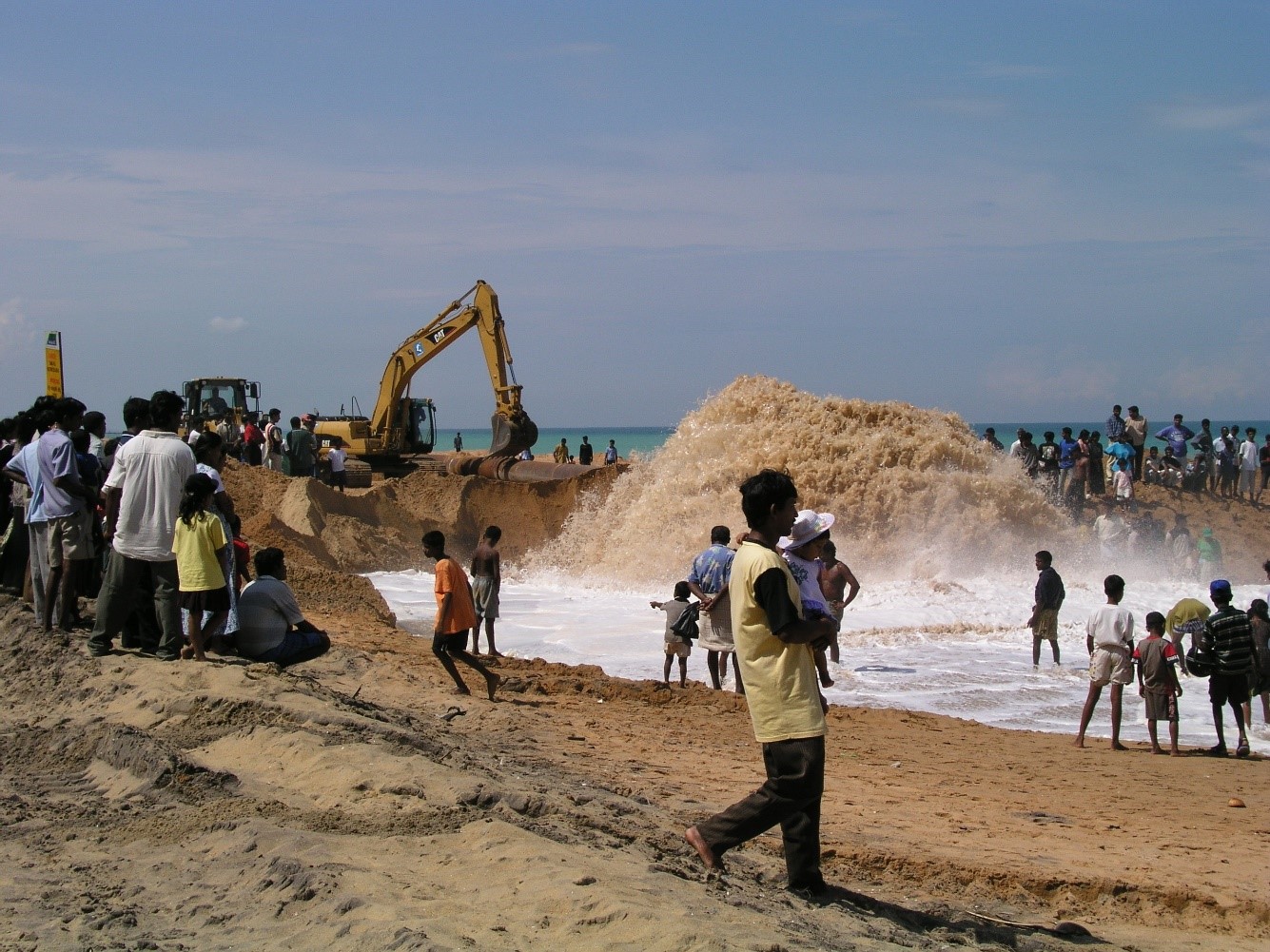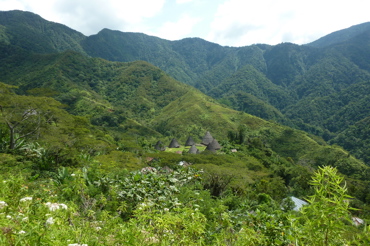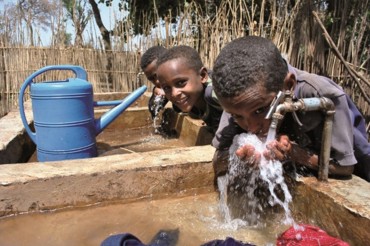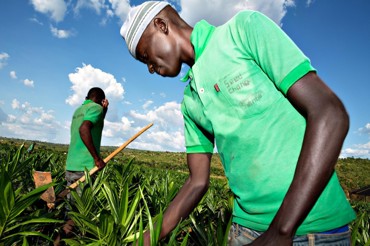With the increased occurrence of water stress and flooding as well as deteriorated water quality, there is a clear demand for innovative approaches and solutions towards managing water whether at the local or regional level. Integrated Water Resource Management (IWRM) addresses the management of water resources at both local and regional levels, considering economic, social, and ecological factors within a specific river basin. The goal of IWRM is to achieve a more holistic and coordinated approach to managing water, land, and related resources. This coordinated approach supports social, economic, and ecosystem development by ensuring that policies, strategies, and programs involving other natural resource areas are analysed for their impact on water demand.
Over the past decades, NIRAS has delivered services in a range of water-resources-related fields, including abatement of flood hazards, water stress/scarcity, storm water diverting infrastructure (canals, tunnelling and dikes) and planning and managing for related risks as well as addressing weak water management both technically and institutionally. Sustainable institutional solutions are at least equally critical as the technical ones. NIRAS has provided a broad range of services in such areas, including institutional reviews and capacity development to water management institutions.

















